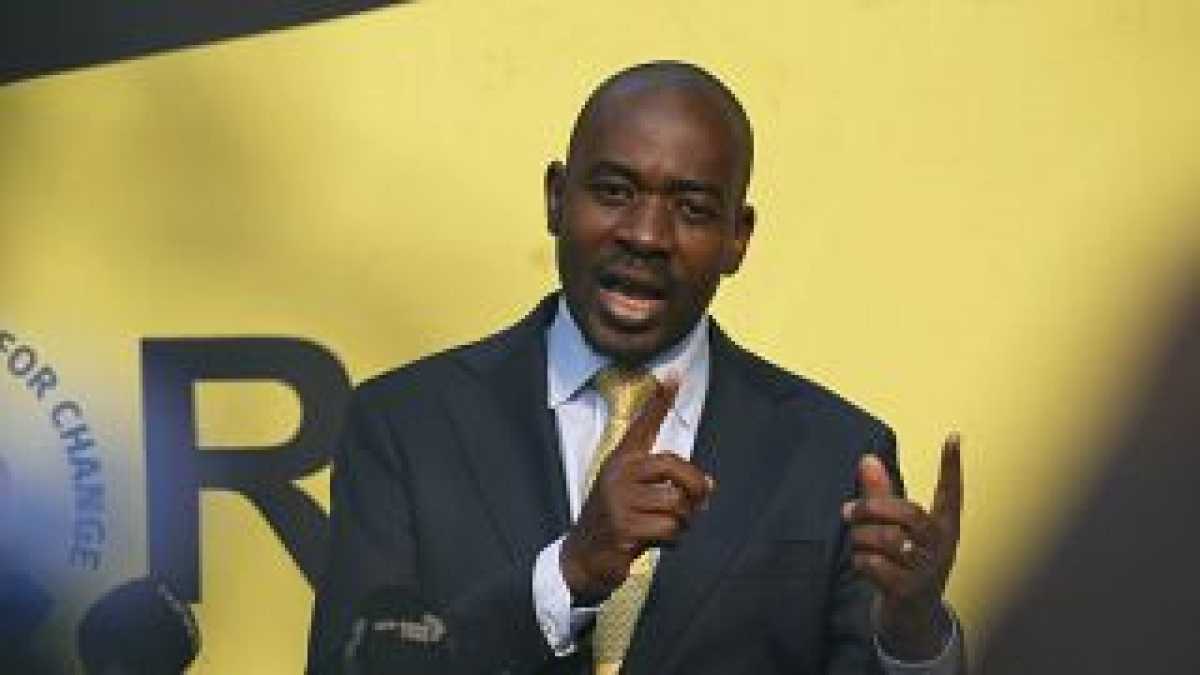Politics
Zimbabwe Opposition Leader Quits Party, Alleges Ruling Party Hijacking

Zimbabwe‘s main opposition leader, Nelson Chamisa, has announced his resignation from the Citizens Coalition for Change (CCC) party, accusing the ruling Zanu-PF party of hijacking the organization and orchestrating the removal of numerous members of parliament and councillors. Chamisa, who was President Emmerson Mnangagwa’s main rival in the 2018 and 2023 disputed elections, declared his decision in a lengthy statement on social media platforms, denouncing the country’s record of authoritarianism.
Chamisa, 45, formed the CCC party in 2022 after the High Court ruled that he was not the legitimate leader of the Movement for Democratic Change (MDC), the country’s longstanding opposition party. Despite denouncing last year’s elections as a “gigantic fraud,” Chamisa’s party managed to gain control of major cities and towns as well as securing enough parliamentary seats to deny the ruling Zanu-PF party a two-thirds majority, which would have allowed them to potentially change the constitution for a third term for Mnangagwa.
However, since the elections, Chamisa has faced challenges in maintaining party unity. A man claiming to be the party’s secretary-general, Senatezo Tshabangu, began removing elected officials with the support of parliamentary authorities, government, and the courts. Chamisa disputed Tshabangu’s legitimacy, calling him an imposter and a fraudster. Despite his efforts, Chamisa has been unable to prevent the recalls of MPs and councillors.
The charismatic lawyer and pastor finally made the decision to step away from CCC, promising to remain active in public service and stating that there are new endeavors to pursue. Chamisa urged his supporters to rally behind fresh politics as he prepares to announce his next steps. The ruling Zanu-PF party denies any involvement in the recalls, dismissing it as opposition infighting rather than an attempt to secure a third term for Mnangagwa. The opposition and human rights groups have continuously accused Mnangagwa, 81, of using violence, arrests, detentions, and the judiciary to suppress dissident voices.
Mnangagwa, who replaced long-ruling Robert Mugabe after a 2017 coup, vowed to bring democratic reforms. However, he narrowly won a disputed election against Chamisa in 2018 and now faces claims of being just as repressive as his predecessor. While denying these allegations, Mnangagwa asserts that his government has improved the political environment and human rights situation in the country.












